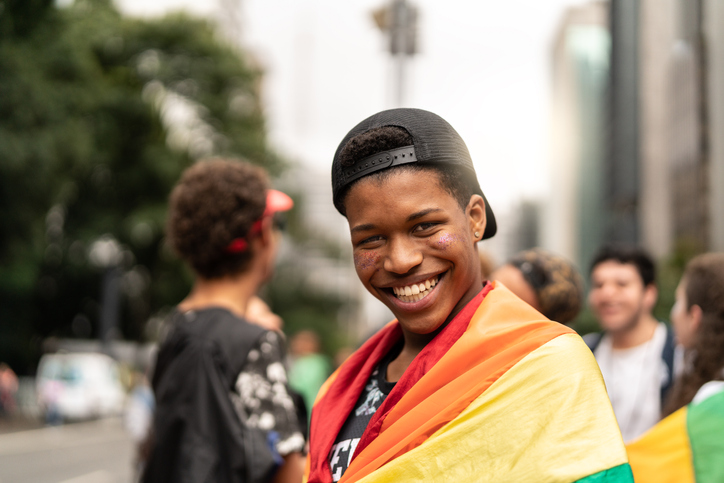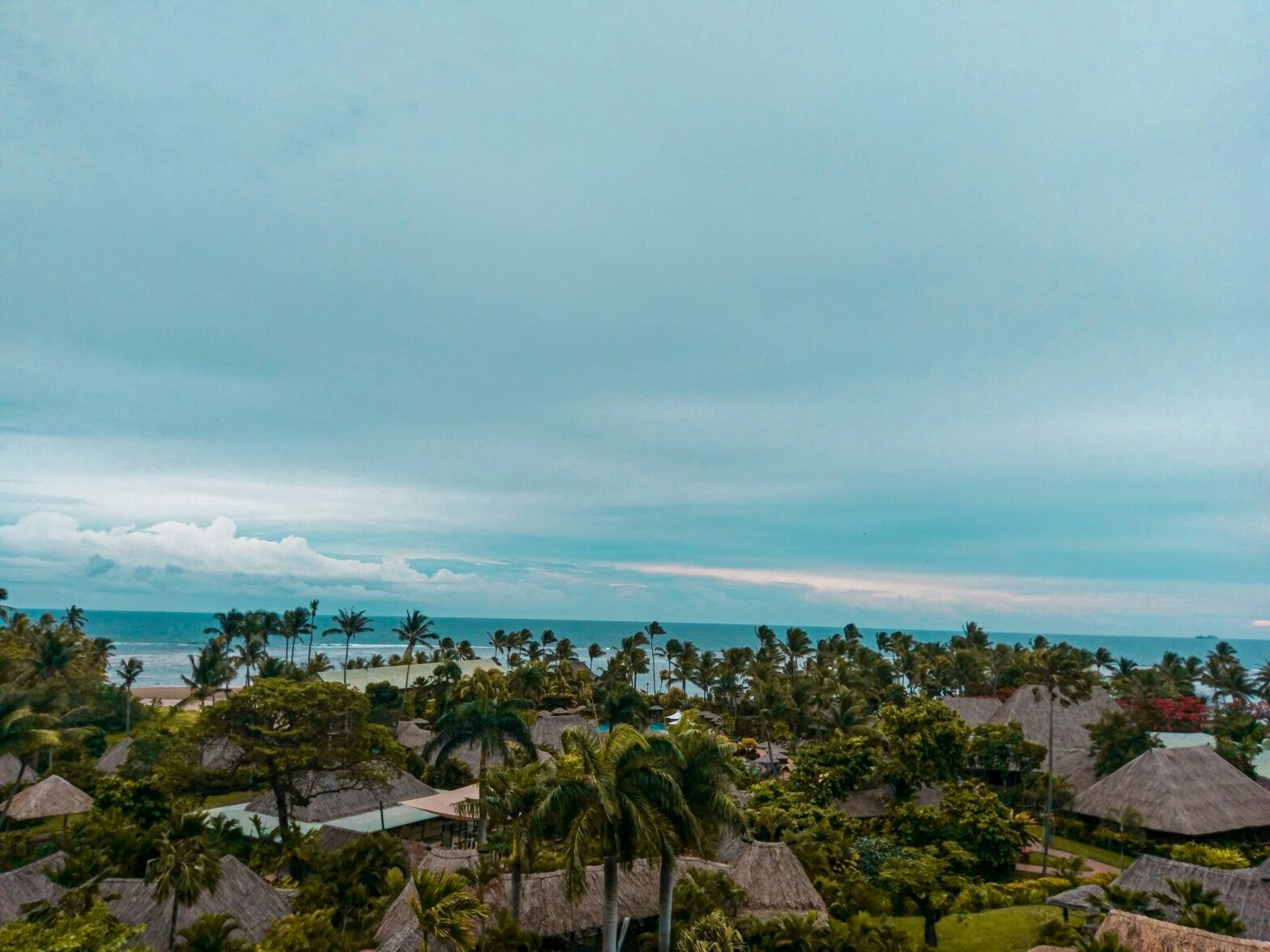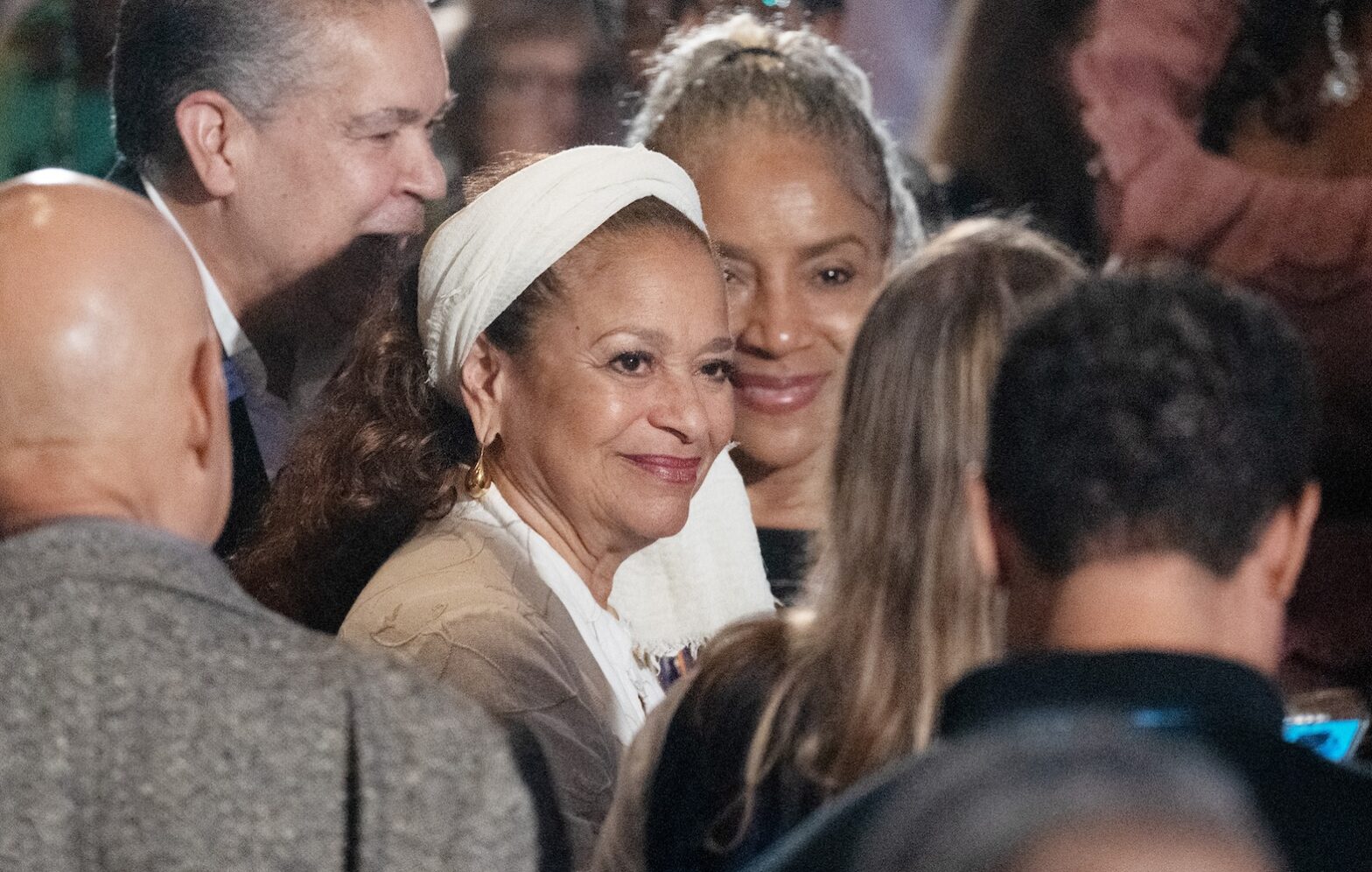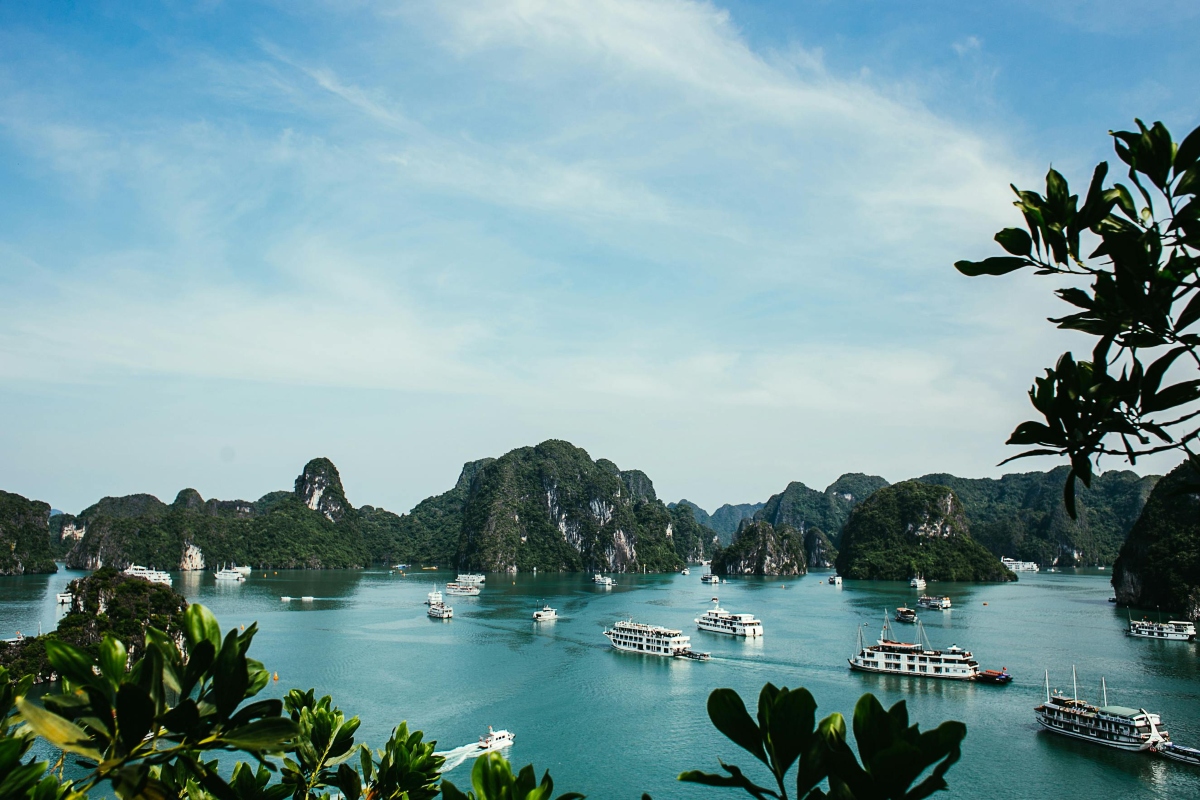For the past few years, the LGBTQ community in East Africa have lived in fear and turmoil, subjected to various acts of discrimination, violence, and harassment. Under current law, homosexuality is illegal in Tanzania and at least 34 other African countries, punishable by up to 30 years in prison. Many are now looking over their shoulder, scared to leave their homes, in fear of being arrested, after anti-LGBTQ comments made by government officials.
To many, it seemed as though Tanzanian President John Magufuli commenced a hateful discrimination campaign against the LGBTQ community and women since his election. He’s rubbed many the wrong way with his comments. In 2017, he made hostile remarks toward the LGBTQ community, saying “even cows” disapprove of homosexuality. Paul Makonda, regional commissioner for Dar es Salaam, heightened that campaign, recruiting a team to identify LGBTQ people on social media and received over 100 names of suspected people to arrest. He went so far as to conduct forced anal examinations as proof of sexual activity. Last November, 10 men were arrested in Zanzibar, where homosexuality is also illegal, for partaking in a same-sex wedding ceremony.
- The Tanzanian government has chosen to separate itself from Makonda, asserting he was “only airing his personal opinion which does not represent the official position of the United Republic of Tanzania,” in a statement.
- Tanzania was declined a 300 million dollar loan by the World Bank, despite the money being intended for their education program. The bank could not agree with his idea that pregnant students are not allowed to finish school.
- Aid from Denmark has also been put off due to Danish Development Minister Ulla Tornaes’ concerns about homophobia, withholding $9.8 million. “Currently, about half of our cooperation goes through the government. I will look at changing that, so we don’t work directly with a government leading a politic that goes in the wrong direction on human rights issues,” she said.
- Civil society organizations have been shut down, and HIV/AIDS prevention and treatment programs for men have been suspended, in fear of promoting same-sex relationships.
- The U.S. has issued a security alert, warning citizens and travelers to pay attention to local and international news. Remove any images or photos via social media that may conflict with Tanzania’s laws regarding sexual practices and activity.
- For American citizens, if you are detained or arrested, ask authorities if the American Embassy has been alerted of your arrest. According to the CNN, Tanzanian officials don’t consistently notify the embassy of the arrest of American citizens, although they are obligated to do so, under Article 36 of the Vienna Convention on Consular Relations.
- Tanzania is currently under “comprehensive review” with the European Union, which is deeply concerned about the treatment of the LGBTQ community there as well as recent political developments. It also noted, “Respect for human rights and the rule of law has been repeatedly undermined.”





